The elected president of Chile, Gabriel Boric, who will arrive in La Moneda on March 11, having just turned 36, will have the right as a political adversary in his four years of government (2022-2026), but in parallel he will have to do against groups that, from his left, do not agree with the moderation that the future president has shown. “He was elected on December 19 after taking a strong turn in his speech in the second round, after having obtained only 25% in the first. It was a shift towards moderation, from a clearly left program to a social democratic one. It helped him to win with 55% and he has confirmed that he will be faithful to that turn.But in sectors of his coalition –especially in the Communist Party (PC)– that change was tolerated only as a tactical resource to win the elections and they are going to push to apply the original program as much as possible”, says Cristián Bofill, director of Exante, a medium specialized in political information. For the analyst, in Chile "we are already seeing something of that, but everything indicates that it will be accentuated after the appointment of the Cabinet", which Boric will announce before the end of January "and, above all, the inauguration of the new government”.that Boric will announce before the end of January "and, above all, the inauguration of the new Government."that Boric will announce before the end of January "and, above all, the inauguration of the new Government."
Managing this conflict, says Bofill, will be a litmus test for the new president who will lead the Executive with the support of the Approve Dignity coalition, made up mainly of Boric's Broad Front and the Communist Party. It has not yet been fully resolved, but it seems highly possible that he will incorporate the Socialist Party – part of the defunct center-left Concertación – into his Cabinet, although the conditions of said agreement are not known.
"We know that Boric has had an opposition to his left for a long time and a good example was given by the reactions (even in his own party) to his signing of the agreement on November 15, 2019, which promoted the current constituent process," he says. her part the historian Josefina Araos. On that historic day, in the midst of the most critical weeks of the social outbreak, Boric made the political decision to seek an institutional solution to the violence in the streets, even with the resistance of part of his training. "It is not about the exclusive threat from a more radical Communist Party, but from the same sector from which the elected president comes, as well as from certain social movements with which I Approve Dignity always tries to stay in tune," explains Araos, a researcher at the Institute for Studies of Society (IES )."And coming to power that becomes more difficult to manage," adds the historian.
Remember that this opposition to Boric's left has been seen on other occasions.
“There are the threatening statements of the former presidential candidate of the PC, Daniel Jadue, about the possibility of changing something in the government program or the reactions to the scratches [the graffiti] that a few days ago they made to the offices that Boric currently occupies.
There the problem was not only in the vandalism, but also in the fact that his spokeswoman, the communist Camila Vallejo, was unable to condemn him.
That will generate difficulties in the future that we will see how they face them”.
Araos refer to the scratches with which the transition office of the elected president, called
La Moneda chica, was vandalized.
Last January 6 dawned with several graffiti, among them "Yellow Boric" -in reference to his moderation, which certain groups consider a kind of lukewarmness and little radicality- or "Freedom to the prisoners of the revolt", one of the demands that have been pushed by different groups from the left and that refers to the bill that seeks to benefit with a pardon those who are in preventive detention for looting, launching Molotov cocktails and disorders on public roads in the context of the outbreak (some 144 persons). Deputy Vallejo, who played a crucial role in Boric's campaign and surely in his Cabinet -it is speculated that she could take on the role of spokesperson or the Ministry of Women-, assured that the stripes were a "legitimate form of expression",but that the headquarters where President Boric works was lent by a public institution, the University of Chile.
The opposition to Boric's left, therefore, is on different sides, assures the historian Araos. “In the Communist Party, in the Broad Front itself and in
the street
which is often romanticized by Boric's supporters." Also, he says, in the constitutional convention, the 154-member body dominated by the left, which has until the beginning of July to draft a new fundamental charter for Chile, which will be voted on in the second semester. Last week, for example, the constituent elected its president and vice president and Boric's Broad Front suffered a heavy defeat, because it failed to install someone from its ranks in any of these positions with a view to the crucial second stage of work, When will the rules begin to be voted on? Finally, the presidency was left in the hands of the candidacy supported by the PC, which has shown its concern that "centrism" ends up dominating the convention.
Araos characterizes the groups installed to Boric's left with which the president will have to deal: "They are defined by a certain vocation for treating Boric's attempts at negotiation (not even his moderation) as concessions and a sign of weakness." The academic Max Colodro, director of the Magister in Political Communication at the Adolfo Ibáñez University, agrees that "without a doubt, Boric has and will have during his Government an opposition to his left." “What's more, that leftist opposition will be outside and also within its own government. Outside will be a universe of actors who look with distrust and reject the institutional changes that the new Administration intends to carry out, ”says the columnist. He describes that “these are sectors that were part of the most radical and violent expressions of the social outbreak; anarchist groups,ultra-left, anti-systemic, who have rejected from day one the institutional course of the constituent process and who do not trust the government or the democratic system. They are, for example, the Mapuche groups that publicly defend the armed struggle and the sectors that demand the release of the prisoners of the revolt, among other things,” says Colodro. In this space, he also identifies the student leaders who have maintained the headquarters of the National Institute of Human Rights (NHRI) for six months.among other things”, assures Colodro. In this space, he also identifies the student leaders who have maintained the headquarters of the National Institute of Human Rights (NHRI) for six months.among other things”, assures Colodro. In this space, he also identifies the student leaders who have maintained the headquarters of the National Institute of Human Rights (NHRI) for six months.
But the analyst points his gaze, above all, at the leftist opposition that, according to him, is inside the Executive itself that will debut in March. "Among the sectors that will make opposition to the left are, from within the future Government: the PC and the most radical groups of the Broad Front." He explains that "the PC and other forces reject any possibility of moderating the government program, they do not accept making concessions based on the complexities of the economic context or because they do not have solid majorities in Congress." "These sectors will pressure from within to maintain the original programmatic commitments and will be a factor of permanent tension within the Government, in the same way as they already are within the constitutional convention," he analyzes.
From outside and from within the Executive, therefore, this leftist opposition "will seek to force a more radical change agenda than the one promoted by the Government, which will be forced, as is already happening, to moderate, nuance and negotiate more moderate changes and gradual”, says Colodro about the Boric Executive, which this week reaffirmed its moderation in its first face-to-face with the great Chilean business community.
Subscribe here to the EL PAÍS América newsletter and receive all the key information on current affairs in the region


/cloudfront-eu-central-1.images.arcpublishing.com/prisa/DAXPXX7XEC2R2VNNOX5XEX4T2U.jpg)
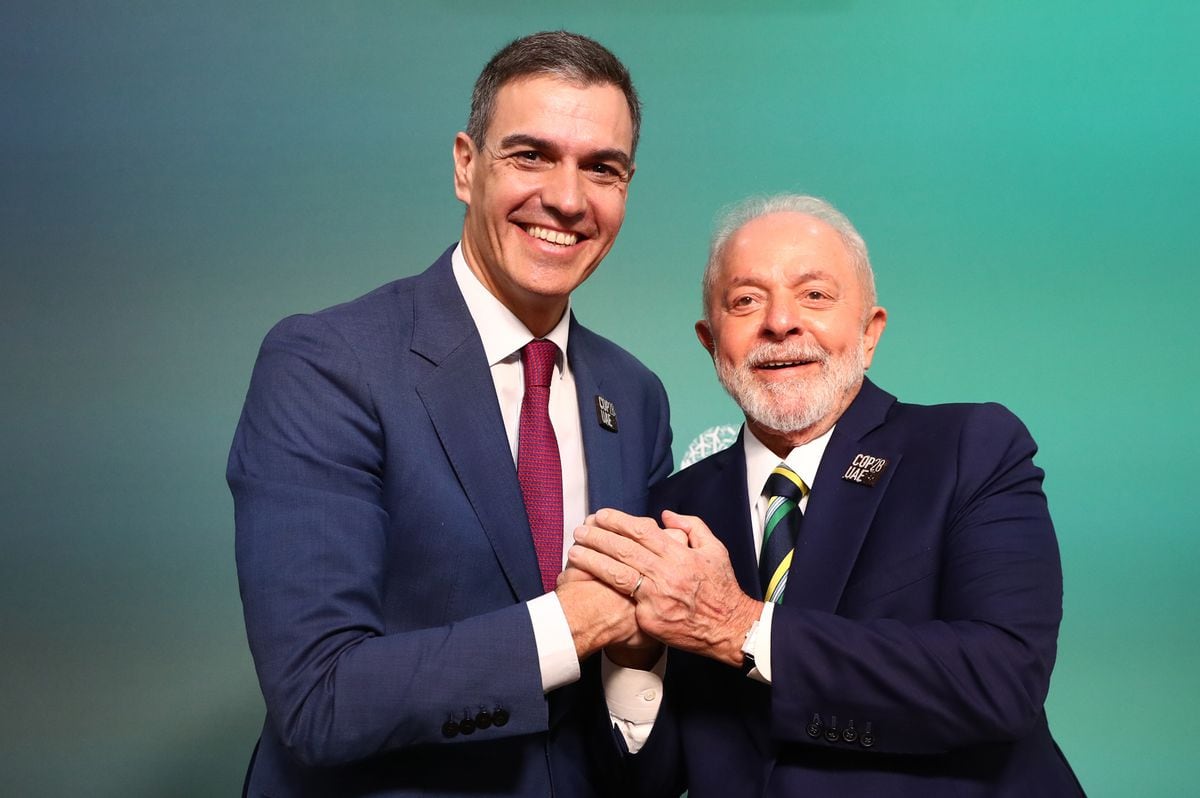
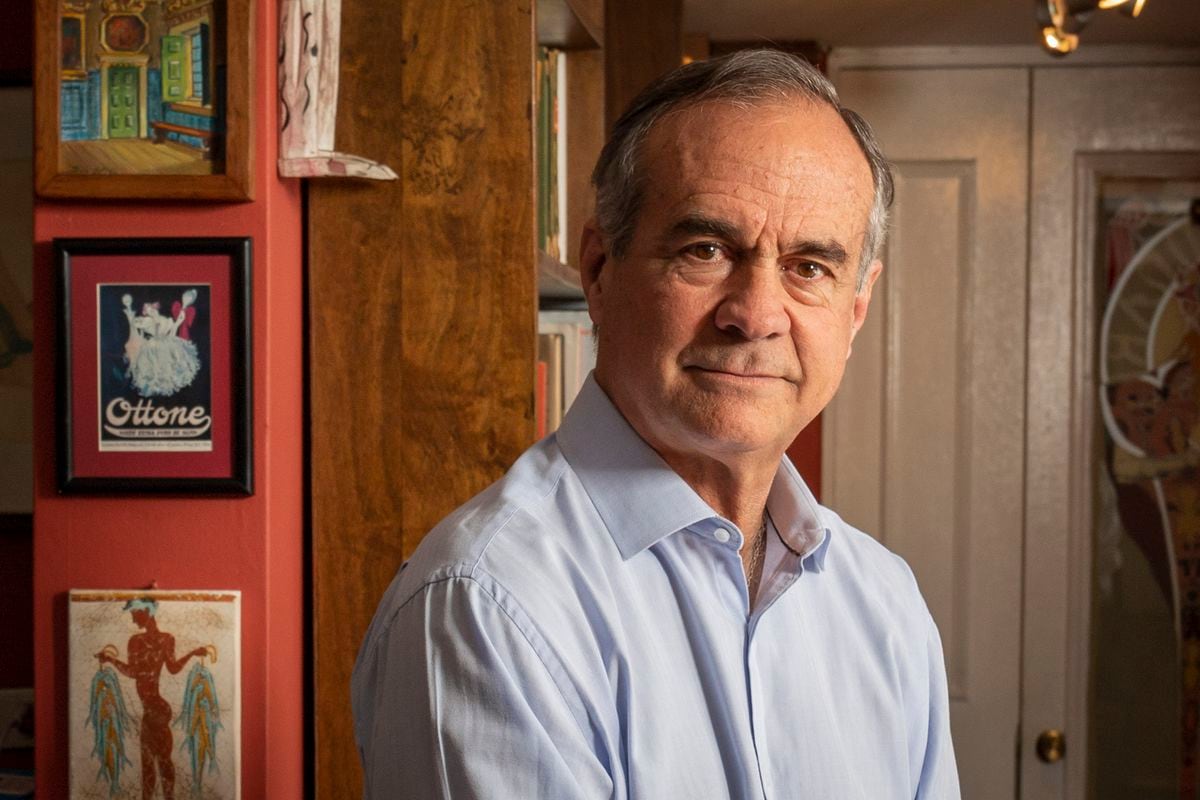
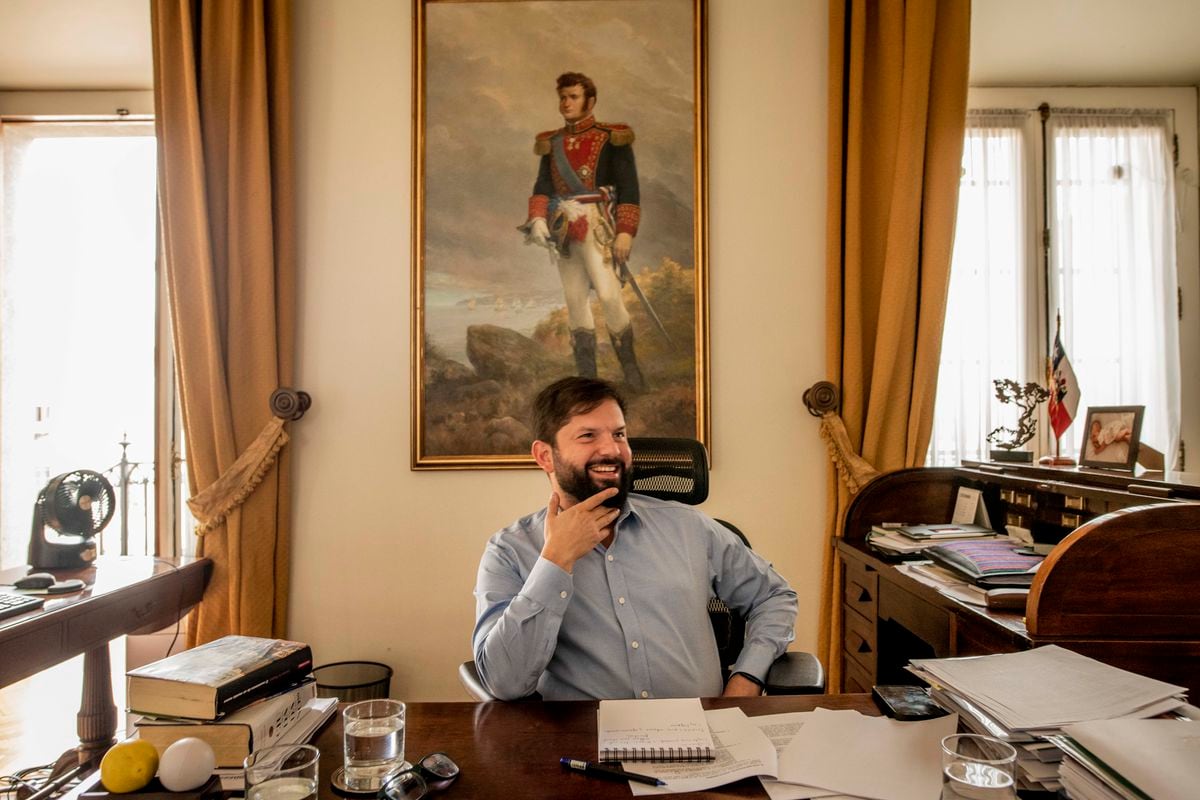
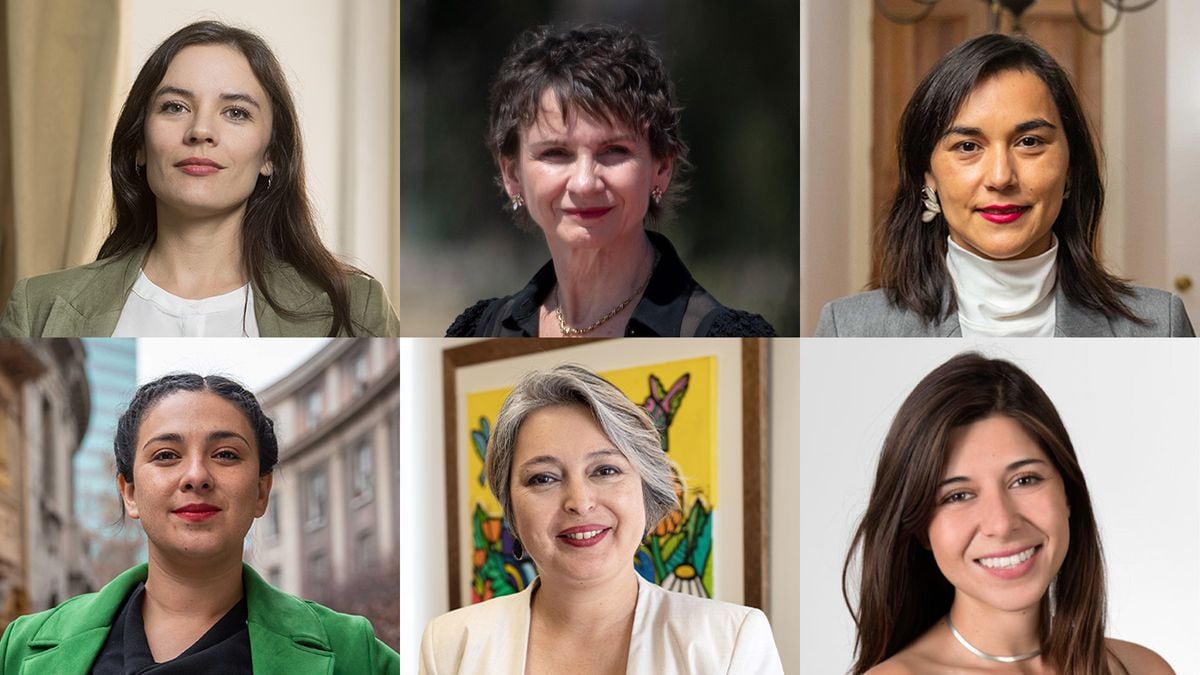
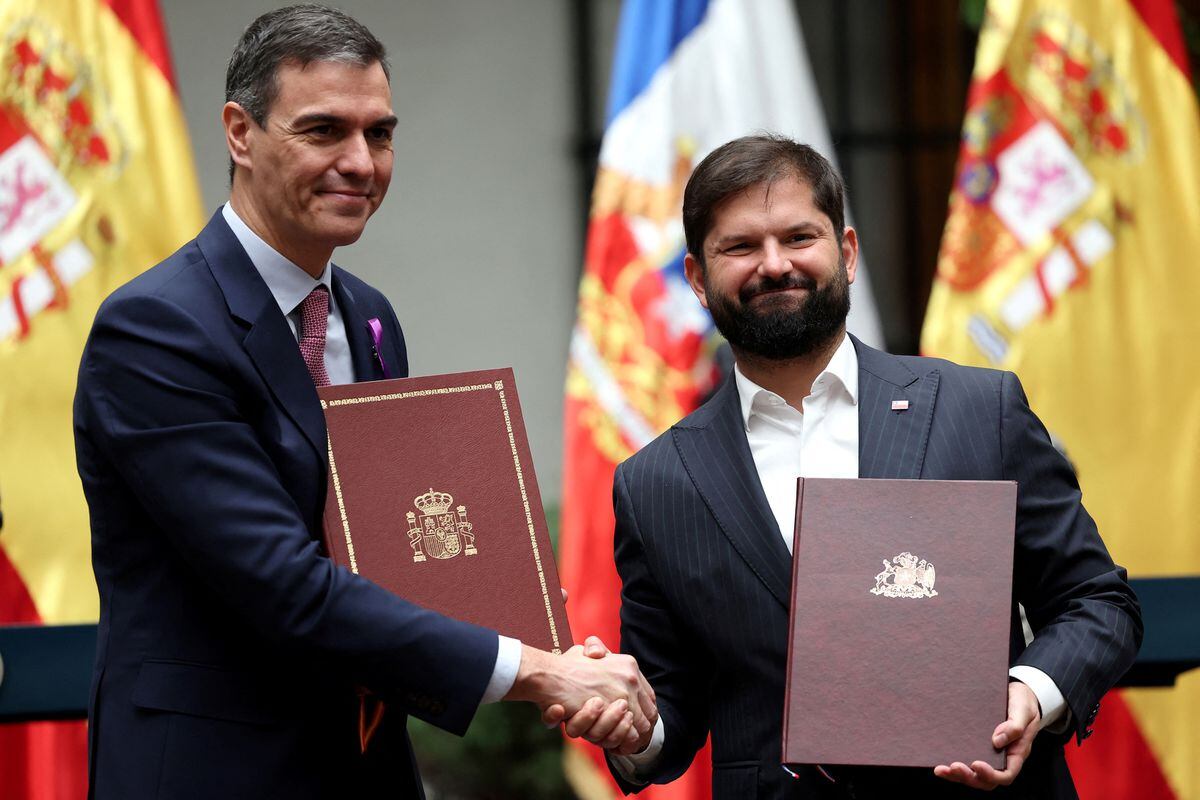
/cloudfront-eu-central-1.images.arcpublishing.com/prisa/MAVSIP6MF252ZKL4ZEZAPMSUPQ.jpg)
/cloudfront-eu-central-1.images.arcpublishing.com/prisa/66E5ZJUDZGT5AWIW7USKEZRE4A.jpg)